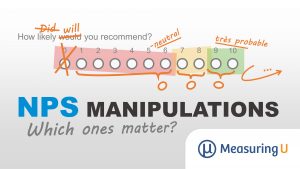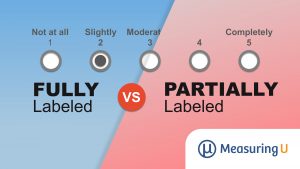
A Guide to Study-Based UX Metrics
For quantifying the user experience of a product, app, or experience, we recommend using a mix of study-level and task-based UX metrics. In an earlier article, we provided a comprehensive guide to task-based metrics. Tasks can be included as part of usability tests or UX benchmark studies. They involve having a representative set of users








